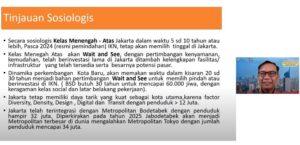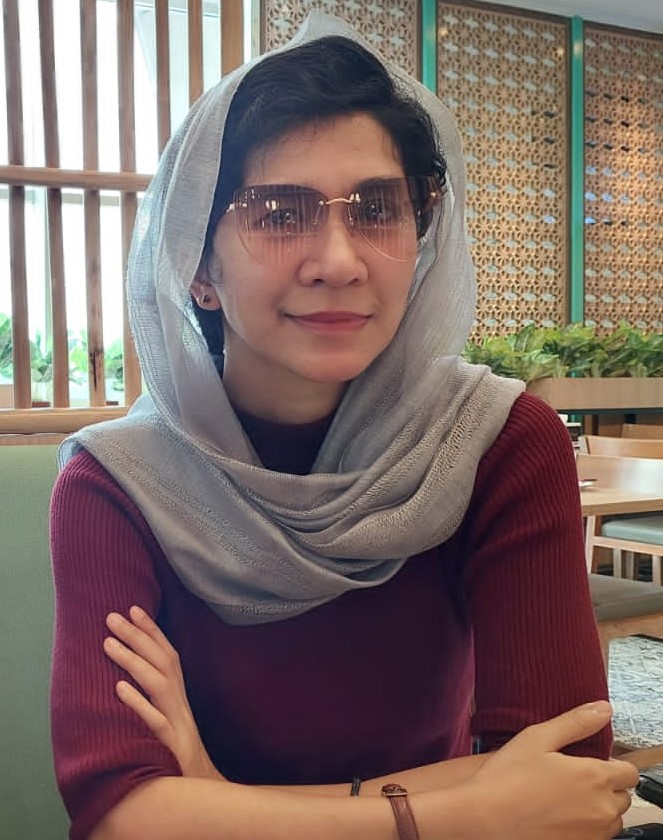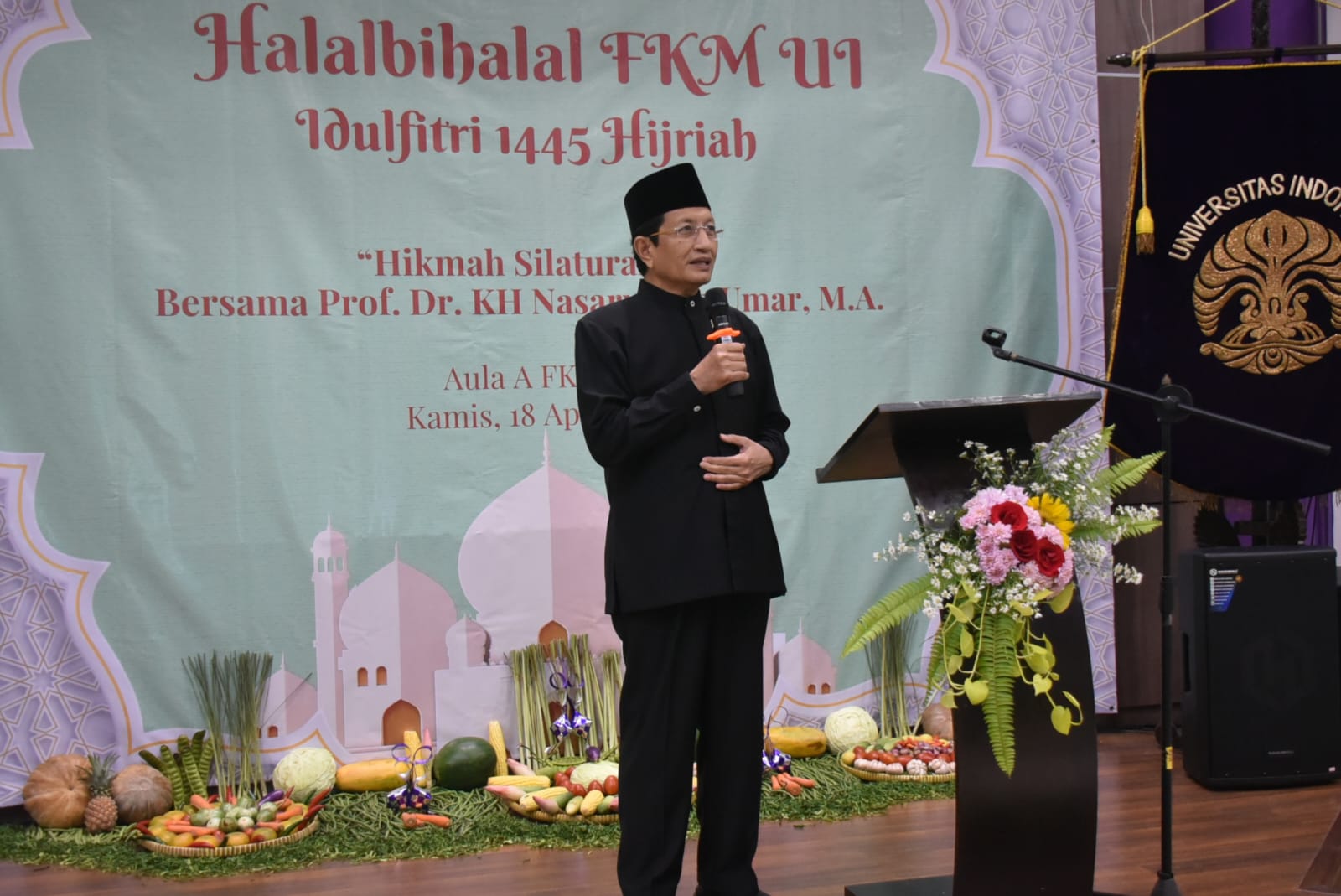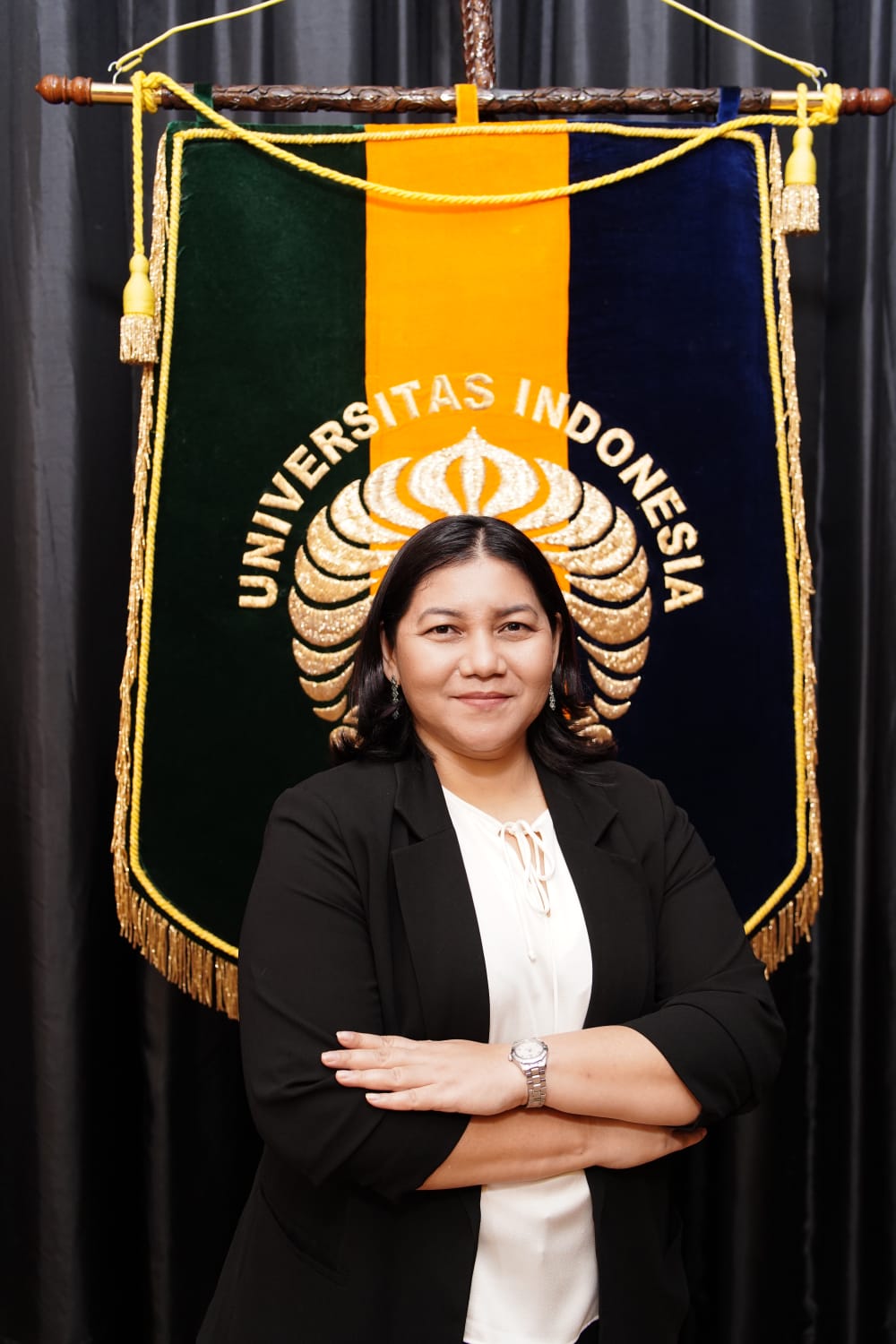
After the Draft Law (RUU) on State Capital (IKN) is formalized into a Law (UU) by the House of Representatives (DPR) in January 2022, the Law will become the legal protection for the relocation of the state capital from Jakarta to East Kalimantan (Kaltim). However, Jakarta will continue to grow politically, institutionally, economically, socially and in other ways.
In the perspective of national institutions, Jakarta is an empty space that can be filled with better institutional arrangements so that the fate of Jakarta without the status of a capital city will become a big momentum to improve everything in Jakarta. This was conveyed by Prof. Dr. Irfan Ridwan Maksum, M.Sc., in an interactive discussion event organized by the Democracy and Local Governance (DeLOGO) research cluster, Faculty of Administrative Sciences, Universitas Indonesia (FIA UI), on Thursday (27/10).
Meanwhile, lecturer in Political Science at the Faculty of Social and Political Sciences (FISIP) UI Drs. Andrinof Achir Chaniago, M.Sc. said that one of the reasons for moving the capital is to make it easier to reorganize Jakarta. With the reduced burden, Jakarta can focus on structuring and improving the quality of a city that has so far faced many problems.
“There is an implication of authority. There could also be an idea to reform the institutional system. Of course, this is not a big problem. The issue that needs to be considered is how to fill the opportunities that arise with the institutional vacuum in Jakarta. The vacant function of Jakarta provides an opportunity to improve the quality of the city in terms of physical, environmental, social, spatial, and others,” said Andrinof.

Sociologically, the middle class and upper class in Jakarta in the next five or ten years after the official seeding of the state capital will still choose to live in Jakarta due to considerations of comfort, convenience, investment, and facilities in Jakarta. In addition, according to urban planning observer Dr. Yayat Supriatna, MSP, Jakarta will still have a strong attraction as the main city because of the factors of diversity, density, design, and transit with a city population of more than 12 million. He added that when Jakarta is no longer the capital of the country, it will still have special authority to integrate transportation systems, housing and settlements, environment and disaster prevention, tourism, and investment among the Greater Jakarta areas.
Prof. Dr. Paulus Wirutomo, M.Sc. as a lecturer at FISIP UI said that a step is needed to build urban citizenship to build communities in society that will facilitate governance in Jakarta when it no longer holds the status of the state capital. “It is not too difficult to organize the people of Jakarta if it is built from small and basic communities first. This is because sociologically, all people will be bound to their community either because of common interests, their voices can be heard in one community, social reasons, and other reasons,” said Prof. Paulus.



